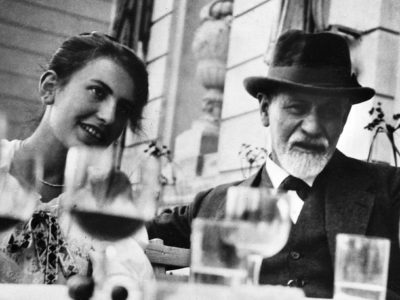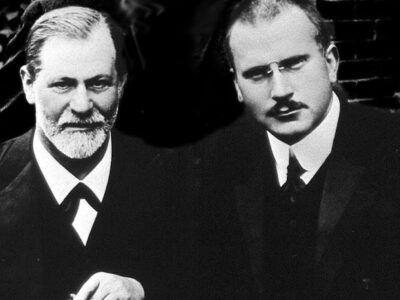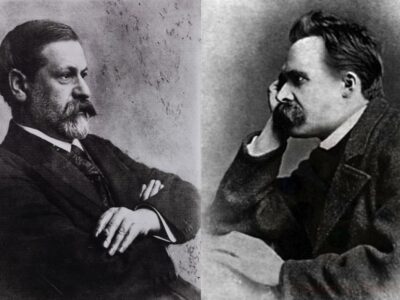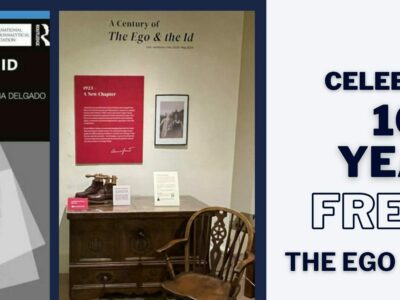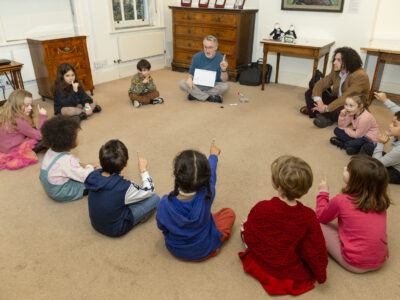
- This event has passed.
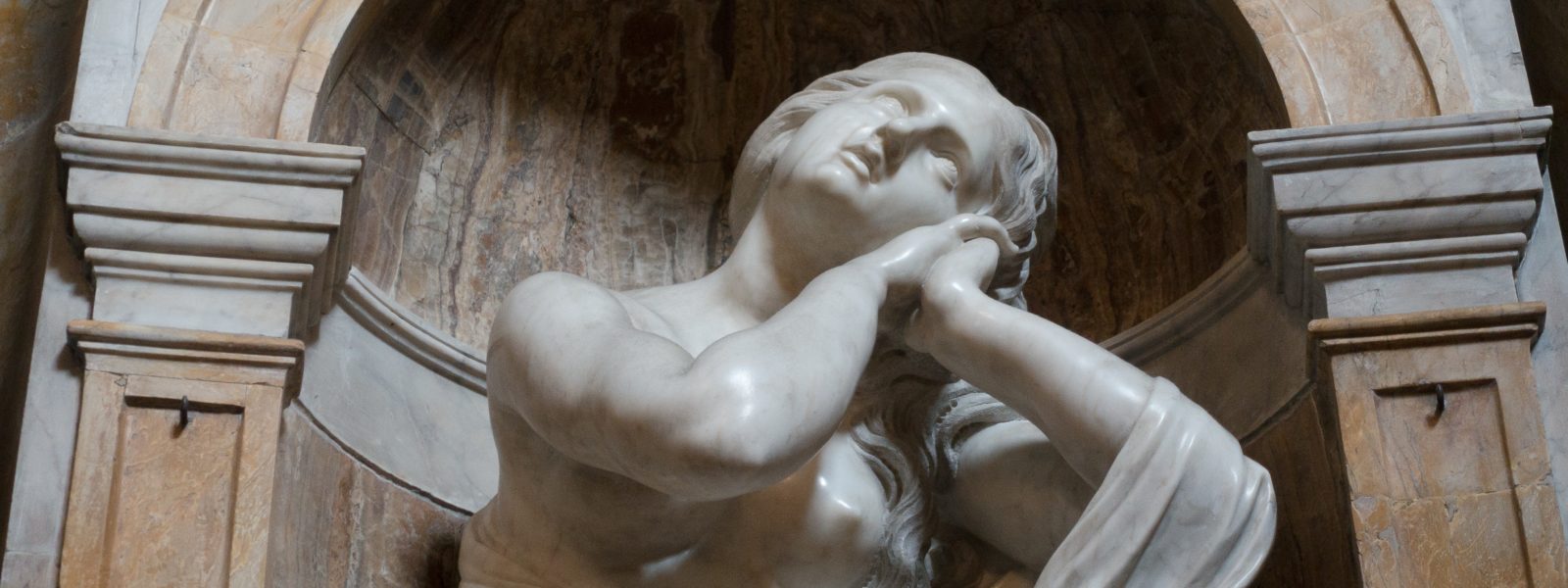
In this one-day intensive course we will scrutinise Lacan’s notion of feminine enjoyment, or jouissance, especially as exposed in Seminar XX.
Lacan most famously speaks of feminine jouissance as an ‘Other enjoyment’ that lies ‘beyond the phallus’ and the symbolic order of language as fundamentally phallic. Against mainstream readings, we will particularly focus on how the Otherness at stake should not be confused with any form of transcendence. Woman’s jouissance ‘beyond the phallus’ does not stand for The Other and thus for yet another figure of God as a unity of substance. Woman’s jouissance ‘beyond the phallus’ instead amounts to a supplementary enjoyment that still refers to the symbolic order as its not-all, that is, its incompleteness.
This will lead us to investigate woman’s phallic jouissance. For Lacan, woman phallically ‘possesses’ man just as much as man ‘possesses’ woman. However, Seminar XX defines woman’s phallic jouissance as ‘strange’ [étrange] in that it replaces the One of universal fusion that underlies masculine phallic jouissance with a singular ‘one by one’. Woman is always a non-universalisable woman. As such she hinders man’s attempted totalisation of jouissance. Phallically, for woman, man is a Don Juan that can never count all women.
Finally we will turn to what Lacan calls woman’s ‘being an angel’ [être ange]. This expression points to an asexual jouissance, which Lacan denounces as the structural illusion of the being-One of the body and associates with the basic fantasy of masculine totalization. In this light, the only way in which the angel can be obliquely materialised in linguistic reality is the far less edifying body of the hysteric. The latter strives for the ‘outside-sex’ and ‘plays the part of man’.
Readings:
Some prior knowledge of Lacan is advisable but not necessary.
- Lacan, The Seminar of Jacques Lacan. Book XX. Encore (London: Norton, 1998), lessons I-VII (especially VI and VII)
- Chiesa, The Not-Two: Logic and God in Lacan (Cambridge MA: MIT Press, 2016), Chapter 1
- Evans, An Introductory Dictionary of Lacanian Psychoanalysis (London: Routledge, 1996), entries on ‘Woman’, ‘Jouissance’, ‘Sexual Difference’, ‘Sexual Relationship’, ‘Other’
- Mitchell, ‘Introduction I’, in Feminine Sexuality (London: Norton, 1985)
- Rose, ‘Introduction II’, in Feminine Sexuality (London: Norton, 1985)
Course tutor: Lorenzo Chiesa
Programme:
10.00am – first session
12.00pm – lunch break
12.45pm – second session
2.45pm – tea break
3.00 – third session
5.00pm – finish
Lorenzo Chiesa is a philosopher who has published extensively on psychoanalysis. His works in this field include Subjectivity and Otherness: A Philosophical Reading of Lacan (MIT Press, 2007); Lacan and Philosophy: The New Generation (Re.press, 2014); The Not-Two: Logic and God in Lacan (MIT Press, 2016); and The Virtual Point of Freedom (Northwestern University Press, 2016). He is Director of the GSH – Genoa School of Humanities. Since 2014, he has been Visiting Professor at the European University at Saint Petersburg and at the Freud’s Dream Museum of the same city. Previously, he was Professor of Modern European Thought at the University of Kent, where he founded and directed the Centre for Critical Thought.
